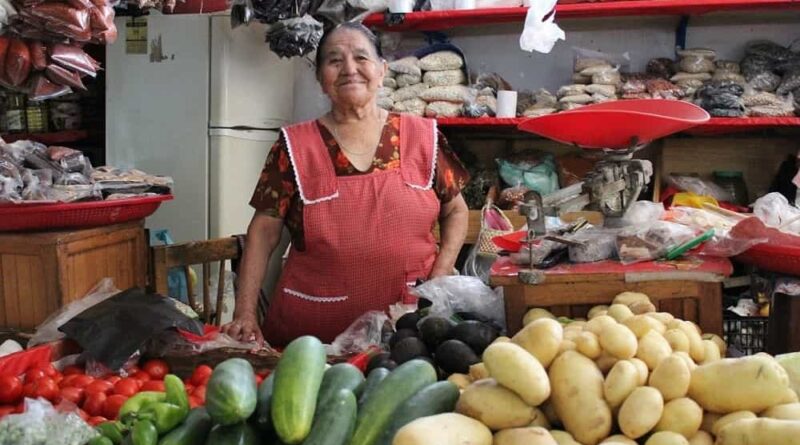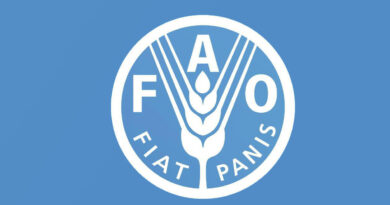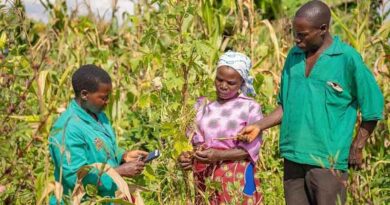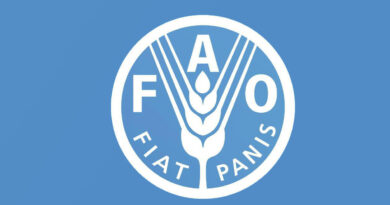Understanding smallholder farmers is crucial to meeting ‘zero hunger’ goal
16 November 2020, UK: It’s a stark reality that rural women are among the most vulnerable to hunger as part of nearly 745 million people worldwide who are exposed to severe levels of food insecurity – of which 75% of these are from rural areas and depend on agriculture to sustain them.
Also Read: BASF commits to targets for boosting sustainable agriculture
Dr Justice Tambo is a Socio-Economist, based at CABI’s Swiss Centre in Delémont, who is part of the Vibrant Food Systems research team for Ceres2030 – a project which has brought experts from around the world together – to try and understand how to achieve the UN Sustainable Development Goal of ‘zero hunger’ by 2030.
Together with lead researcher Dr Sawade Liverpool-Tassie, Associate Professor at Michigan State University, he has contributed to a new paper in Nature Sustainability that argues for a better understanding of how the lives of smallholder farmers are improved by the transformation of food systems in developing regions.
Dr Tambo said, “Part of our research is obtaining and analysing data which will help us, and importantly, major donors prioritize and maximise the joint efforts towards the goal of increasing global food security and reducing incidences of hunger and malnutrition.
“While there has been a diversification of diets – partly due to the availability of more protein-based foods as well as processed and packaged meals – and a major growth in systems within the food chain that includes growth of wholesalers, processors, retailers and suppliers, the extent to which smallholders have benefited is less clear.”
Also Read: DJI’s Latest AGRAS T20 Drone Makes Agricultural Spraying Easier, Smarter And Safer
What is clear to the Vibrant Food Systems research team is that there is plentiful research on the impact of formal contracts between farmers and sellers but smallholder farmers hardly ever have access to those formal contracts.
The research team found that there has been an expansion of small and medium-sized enterprises (SMEs) that serve as intermediaries, buying from multiple smallholder farmers, aggregating product, and doing the work of finding willing buyers. But SMEs aren’t just helping with buying and selling, they’re also providing access to inputs, like seeds, fertilizer, and training.
Dr Liverpool-Tassie, who also leads the Vibrant Food Systems research team, said, “In developing countries, extension systems are underfunded. These SMEs are facilitating farmer training or doing it themselves, and oftentimes, because they are closer to the community with better contextual knowledge and social ties, they may be doing it more effectively than traditional government extension systems.
“Incentives to these SMEs should be designed to be inclusive of women and other disadvantaged groups, and to encourage the adoption of environmentally friendly practices.
“And anything we can do to improve the hard and soft infrastructure on which the food system is based can increase efficiency, reduce food prices, and open up markets for smallholder farmers.”
Dr Tambo’s role in the research paper included screening thousands of research articles for eligibility, data extraction and analysis, and writing the paper.















